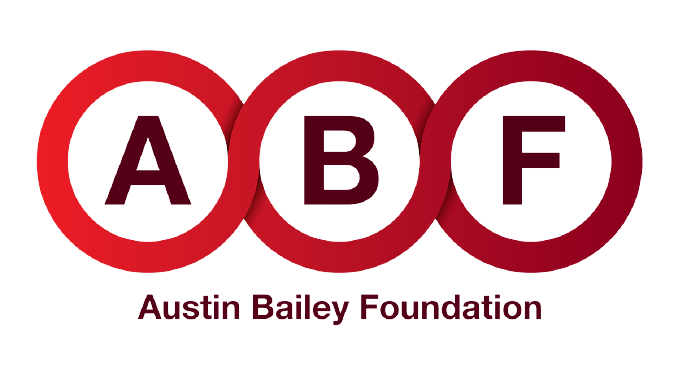
Our Work Internationally
Approximately 25% of unrestricted income is given to relief agencies for the relief of poverty and ill-health, and the fostering of opportunities for young people in the developing world
ABF Flagship Grants - Investing in initiative and change -
Every three years we select a number of organisations to become our International Flagship partners where funding is typically between £12,000 and £24,000 for each recipient over a three year period. In September 2021 we reviewed applications for grants in the 2022-24 period. Selection of candidates is determined by the quality of their project and their engagement with us from the small grants (below).
The three new successful International Flagship partners for 2022-2024 are:
Renewable World - providing mainly technology-based help to communities living in fragile natural and economic environments. This grant with help some 9,600 people with improved, and solar sustained energy for health and water pumping technology in the far west of Nepal. In this area, there has been both high out migration (to seek work in India) and now returnees (but now without work, as a result of COVID) - Renewable World.
ACET/Shining Star - we will support a project to help vulnerable young women get out of prostitution and recover from sexual abuse in southern Zimbabwe. ACET is the UK based ‘partner’ for Shining Star in Zimbabwe. They spoke about very practical kinds of help (counselling as well as skill and capabilities for work to support themselves). We were impressed that they also seek to influence other organisations with the need for more action on these issues, collaboration on how to do it, and do not pretend to be trying to fix it all themselves. They are also honest about sticking with the women for more time - not just ‘fixing’ them and moving them on.
Action through Enterprise (ATE) - working in northern Ghana, ATE are the only non-government agency in a very remote and poor area to help provide training and skills for dry-season farming. The point of this is that people often face a ‘hungry season’ when the rains stop or simply fail. With the climate changes, as for millions of other people, the local communises now also face other hazards. This organisation is much smaller than we would normally support so we will watch carefully as they seek to build their capacity sufficiently to achieve their ambitions.
In addition to the three new Flagship projects above, we decided to continue on a smaller basis, our support for three of the 2019-21 projects
Tiyeni - this grant will help to secure the capacity to assess, validate and communicate their approaches to improving soil conservation, increasing harvest yields, and working with others to change agricultural methods in Malawi - a country that has suffered from inappropriate use of land for cash-cropping (mainly tobacco) with disastrous impacts on lives and livelihoods for decades. See report of our visit in 2019 - Tiyeni
Ripple Effect (formerly Send a Cow) - are pursuing tried and tested approaches for increasing farm yields, improved methods, community organisation, and more equal participation of women. Ripple Effect will use our contribution to do this kind of work in western Kenya having worked effectively in a neighbouring location.
Pump Aid/Beyond Water - we will be contributing to the sustaining and growth of entrepreneurs that provide repair services for household water pumps on a commercial basis. This is an important example of how a social enterprise can replace grant-giving/handout approaches in the interests of a more viable way of ensuring that people have equipment that continues to work well and generates livelihoods. Duncan March (our contact) says: "Despite the challenges of the last year or so, the fact that we're able to further develop the entrepreneur-based approach is a testament to the team in Malawi and commitment of our supporters." See report of our visit in 2019 – Pump Aid
Previous Flagship projects have included work in India (HIV/Aids eduction), Sri Lanka (Post conflict work in the North), Palestine (vocational education and business training for women) and Zambia.
ABF Small grants - Encouraging local action - Small grants, generally £1,000 are made three times a year to registered UK charities working overseas. Applications are reviewed by the overseas trustees prior to meetings in April, September and December. Requests always exceed our grant-giving capacity so early application is recommended. Trustees look for projects with a strong development theme with potential to become self-sustaining. Following the chairman's business background, we like to see entrepreneurial projects that allow prosperity to multiply from a small initial investment from ABF. For more information about ABF small grants, click here to see our distribution lists.
ABF Encounter - Learning with our partners - We like to engage with and learn from our partners. We ask every grantee to send a feedback report after nine months updating us on the progress of their project, the obstacles encountered and the successes achieved. This dialogue enables the trustees to understand the issues better and is the basis on which a number of candidates are selected for the next round of Flagship Projects (see above).
Interactive map below
Red pin - Current flagship project. Report available above
Green pin - Former flagship project. Report available above
Blue pin - Current flagship project
Yellow pin - 2021 small grant recipient
Purple pin - 2022 small grant recipient
